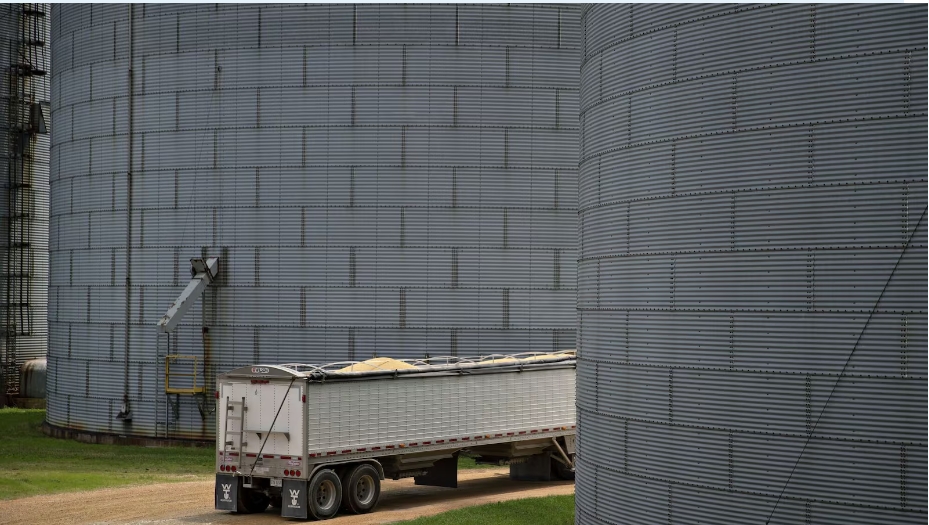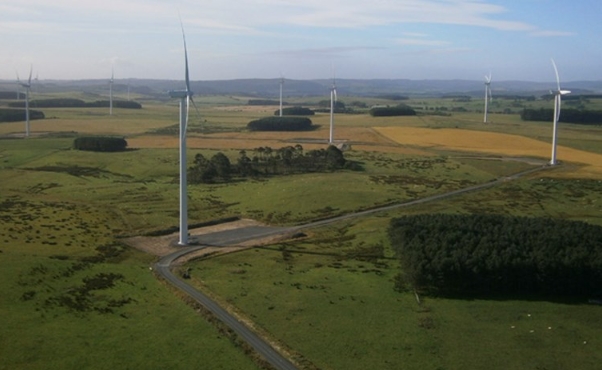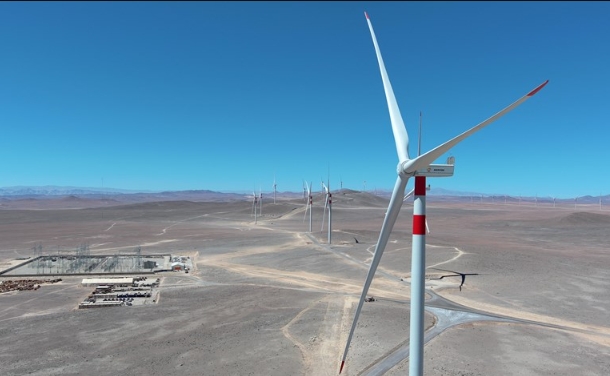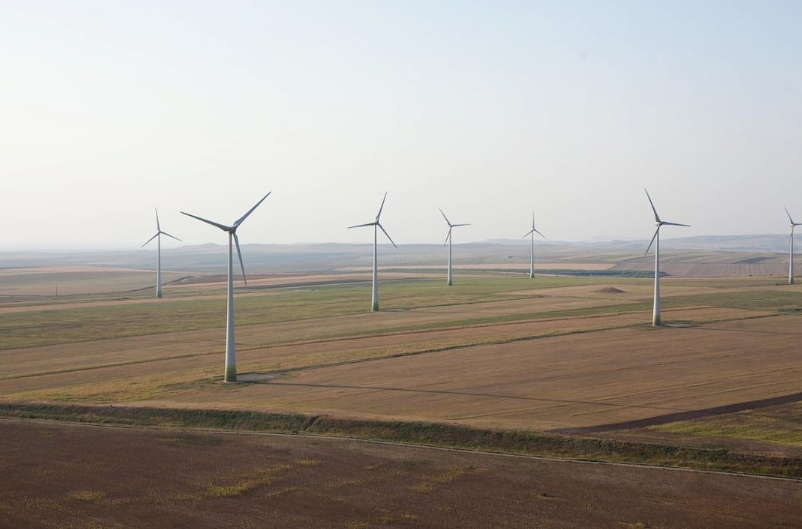
The lack of guidance for a new clean-fuel tax credit is causing biofuels producers to put off some purchases of soyoil for early next year. That’s damping demand for soybeans, causing the giant crop traders to also rein in their buying, according to people familiar with the matter, who asked not to be identified discussing private information.
Soyoil is among the top ingredients for making various renewable fuels, like green diesel and jet fuel.
By mid-October, most fuel retailers had procured only about 10% of their biodiesel feedstocks for the coming first quarter, said David Fialkov, executive vice president of government affairs for NATSO, a trade group for truck stops and transportation energy centers. That compares with more than 80% by that time over the past decade.
“Nobody’s producing, nobody’s buying, nobody’s blending,” said Fialkov.
The industry is waiting for the Treasury Department to issue guidance for the clean fuel production credit set to start in January. Thorny issues dividing the industry include whether the tax incentive, known as 45Z, will be available for low-carbon fuels made from foreign-sourced biofuel ingredients, like waste animal fat and used cooking oil that compete with soybeans and other US-grown crops.
Another big uncertainty around the tax credit is the outcome of US presidential and congressional elections taking place next week. It’s not clear if the Biden administration will issue proposed guidance before a new US leader is sworn in. And a major question is whether the 45Z credit will be extended beyond its current expiration at the end of 2027.
The delay in guidance is leaving renewables producers with little visibility on the financial viability of their fuel output, threatening to stall the fast-growing industry. Just two years ago, the US was rushing to build more plants to process crops like soybeans, which are crushed into oil for making food and fuel as well as meal used for feeding livestock.
Producers aren’t eager to book a lot of soybean oil until the guidance is released, said No Bull Inc. grain analyst Susan Stroud.
With such uncertainty over when and how the new subsidy will take place, crushers have been diverting a larger share of soybean supplies to food export markets, said Kent Woods, chief executive officer of CrushTraders.
“There is less demand for renewable diesel and the food demand is currently in the driver’s seat,” said Woods. That dynamic is also creating a big shift where the US is exporting soyoil again.







